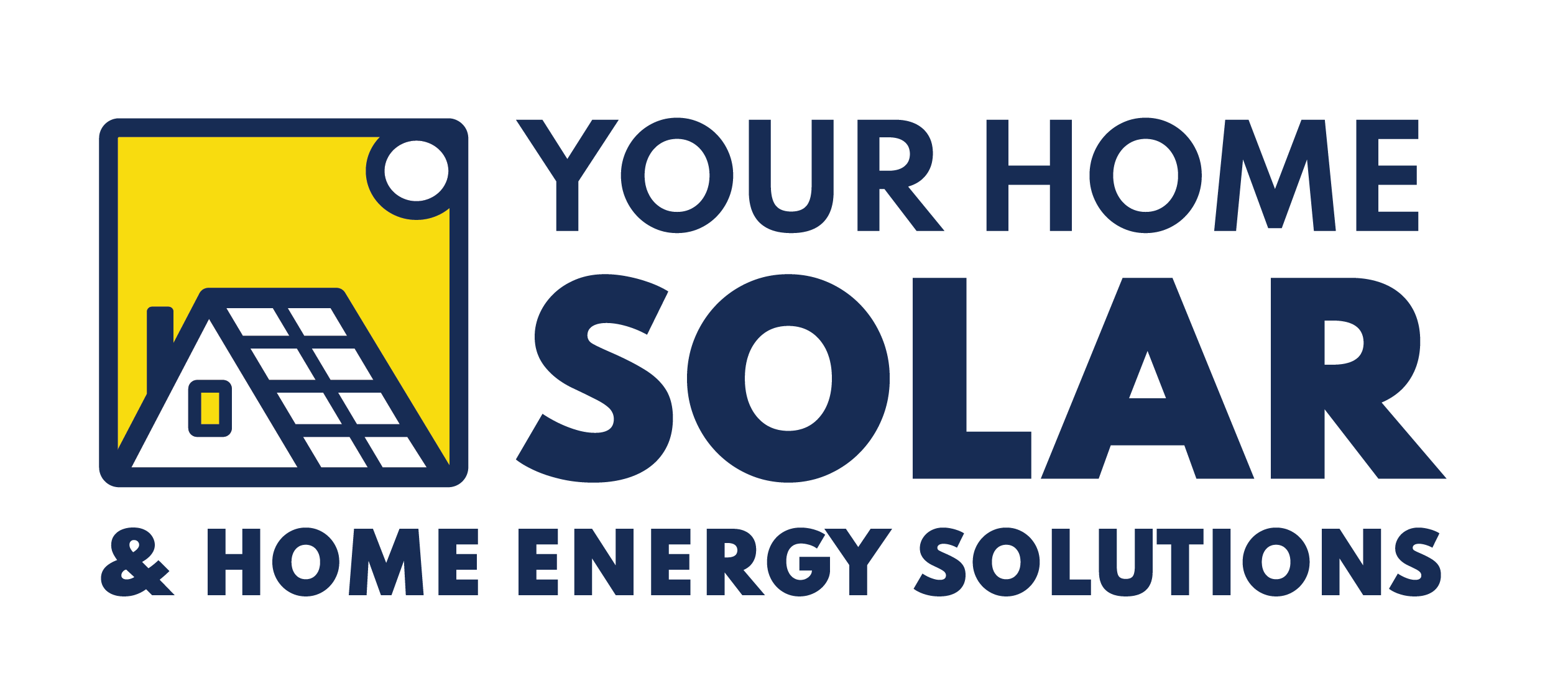Your Comprehensive Guide to Residential Solar Energy in East Tennessee
1. Solar Energy
Understanding solar energy begins with appreciating the basics of how it works. Simply put, solar energy systems capture sunlight with solar panels, convert it into electricity using inverters, and store it in batteries for use whenever needed. It’s an innovative technology with clear advantages like renewable power and potential cost savings, but it does require a significant initial investment. We’ll delve into the differences between various types of solar power systems, including grid-tied, off-grid, and hybrid systems, each offering unique benefits depending on your needs.
2. Understanding Solar Panels
The photovoltaic process begins when sunlight hits the solar panel. The solar panel is made up of many solar cells, which are composed of semiconductor materials such as silicon. When the sunlight hits these cells, it excites the electrons within the silicon, causing them to move. This movement creates an electric current, which the solar panel captures and channels for use in your home.
3. Essential Components: Solar Panels and Inverters
Key to any solar power system are the solar panels themselves. They harness sunlight and initiate the process of converting it into usable electricity. You’ll learn about different types of solar panels – from monocrystalline to polycrystalline and thin-film options, each with varying efficiencies and costs.
Then, we’ll explore solar inverters, an essential component that converts the raw direct current (DC) power from your panels into the alternating current (AC) power your home appliances use. We discuss the different types of inverters available, such as string inverters, microinverters, and power optimizers, and how to choose the right one for your system.
4. The Power of Storage: Solar Batteries
Solar energy doesn’t have to be used the moment it’s generated. With the addition of solar batteries to your system, excess energy can be stored for use when the sun isn’t shining. In our guide, we’ll take a look at how solar batteries work, the different types available, and why energy storage plays such a pivotal role in maximizing the potential of your solar system.
5. Solar Installation Considerations
Installing solar panels is a significant project, and preparation is crucial. We discuss everything from the installation process to the important factors you should consider beforehand, such as your roof’s condition and orientation, potential shading issues, and more. It’s also essential to choose a reputable solar installer – we’ll guide you on what to look for in a solar installation company.
6. Understanding Costs and Financing
A key aspect of your solar journey is understanding the costs involved and how to finance your solar project. While we don’t provide specific pricing without a site evaluation, we break down the components that typically contribute to the overall cost of a solar system. Additionally, we’ll cover the different solar financing options, such as loans and leases, and the impact that installing solar can have on your property’s value.
7. Navigating Incentives and Tax Credits
While East Tennessee doesn’t offer specific solar incentives, it’s important to understand the federal solar tax credit and any local incentives that may apply. We’ll provide an overview of the federal solar tax credit, a significant incentive that can offset a portion of your system cost, and explain how to apply for these incentives and credits.
8. Ongoing Solar System Maintenance
Solar systems require minimal maintenance, but it’s essential to understand how to keep your system in top shape. We’ll guide you on the cleaning and upkeep of your solar panels, troubleshooting common issues, and identifying when professional servicing might be needed.
9. The Environmental Impact of Solar
Beyond financial savings, solar energy is a green, renewable source of power that significantly reduces your carbon footprint. We’ll show you how solar compares to traditional energy sources in terms of environmental impact and walk you through the life cycle of a solar panel, from manufacturing to recycling.
10. Solar Energy and the Grid
Solar power systems typically remain connected to the grid for supplemental power and the potential to feed excess energy back. We’ll explain this relationship, including how surplus energy is returned to the grid and the role of utility companies in a solar setup. However, it’s important to note that full net metering is not offered by any utility company in East Tennessee, and we’ll explain what that means for you.
Going Solar In East Tennessee
Your Home Solar is dedicated to helping East Tennessee homeowners navigate the switch to solar. We offer free inspections, a wealth of expertise, and a commitment to help you understand every step of your solar journey. Ready to take the first step towards a greener, more sustainable future? Contact us today for a free estimate. We’re excited to be your partner in this rewarding endeavor.
Talk to a Your Home Solar Expert Today!
If you’re a East Tennessee homeowner and are considering solar for your home, you’ve found the right place.
Never be surprised by high electricity bills or utility power outages again after working with Your Home Solar. A fully integrated solar + battery storage system can easily power your home, save money and help you prepare for power outages. Best of all, it’s environmentally friendly.
